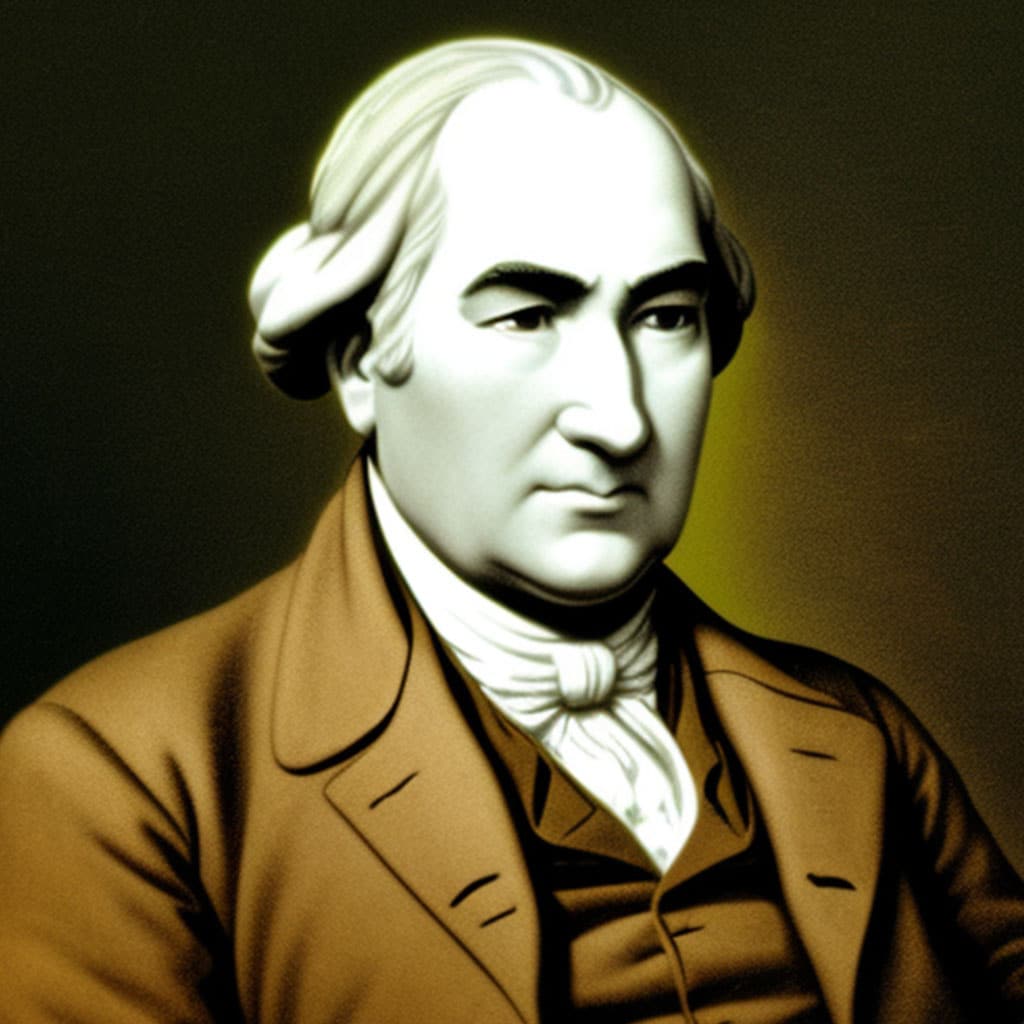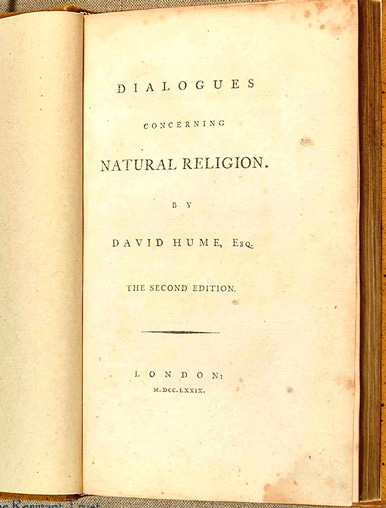REMNANT TRUST COLLECTION
David Hume

“Every wise, just, and mild government, by rendering the condition of its subjects easy and secure, will always abound most in people, as well as in commodities and riches.”
– Hume
b. 1711 CE – d. 1776 CE
David Hume was a English philosopher, historian, and political economist. From his earliest years, he began to speculate upon the nature of knowledge in the abstract, and its concrete applications, as in theology, and that with this object he studied largely the writings of Cicero and Seneca and recent English philosophers (especially Locke, Berkeley, and Butler).
Hume’s eminence in the fields of philosophy and history must not be allowed to obscure his importance as a political economist. Hume was the first to apply to economics the scientific methods of his philosophy. His services to economics may be summed up in two heads: (I) he established the relation between economic facts and the fundamental phenomena of social life, and (2) he introduced into the study of these facts the new historical method. Thus, though he gave no special name to it, he yet describes the subject-matter, and indicates the true method of economic science.


